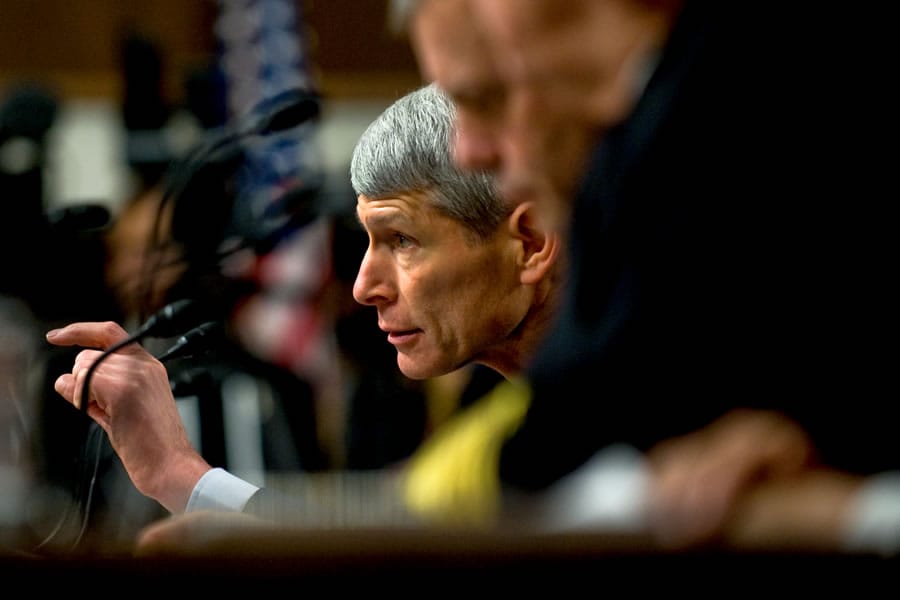
Don’t Ask Don’t Tell policy of the U.S. Army Essay
The theme whether revocation of the Don’t Ask Don’t Tell policy affect the U.S. Army on recruiting is going to be discussed, explored and researched.
First of all it is necessary to mention that revocation of the Don’t Ask Don’t Tell policy has a controversial character. As any policy it has its opponents and supporters; thus it allows to suppose that negative and positive aspects of this policy greatly affect the U.S. Army on recruiting. Observing the policy in its historical context we can mention that it was prohibited to serve open homosexuals in the army since the founding of the U.S. Army. However, according to dynamic environment, in 1993 a new rule was introduced and it was entitled “Don’t Ask, Don’t Tell”. The policy was rather loyal to gay men and women in a case if they conceal their non-traditional orientation; in such a way, it was allowed people with non-traditional orientation to join the army. It was good that people received an opportunity to be soldiers, but their rights were violated in different ways, because their orientation was a big secret and they felt discomfort towards everything connected with this fact. For example, according to Yoshino the policy was: “Sexual orientation is considered a personal, private matter and is not a bar to Service entry or continued service unless manifested by homosexual conduct. Homosexual conduct, as defined in Article 12.E.1.b of reference (a), is grounds for separation from the Coast Guard. The policy commonly known as “Don’t Ask, Don’t Tell,” has been amended and is now better described as “Don’t Ask, Don’t Tell, Don’t Pursue, Don’t Harass.” (Yoshino, 1998).
Nowadays situation has greatly changed when the president of the USA Barack Obama signed a law which allowed gays and lesbians to serve in the American army openly. It was a very wise decision from his side, because all people should be equal in their rights and every person should have a possibility to declare about own orientation openly. It is obvious that nowadays we live in democratic society, where people can struggle against unfair laws and decision and feel themselves honorable citizens of their country.
Analyzing the situation in society during the revocation of the Don’t Ask Don’t Tell policy we can mention that opponents of the law asserted that it can negatively impact on the competitive spirit of military powers, but Barack Obama, commenting similar statements, marked out that honor and courage cannot and even must not be determined by sexual orientation, gender, race or religion of the military person. The President of the state was sure that revocation of the above mentioned policy could positively affect the U.S. Army on recruiting and it could help people with non-traditional orientation find their place among other soldiers, and, moreover, they could do it without any fear to be discriminated and fired.
Some opponent of the policy stated that the new policy could lessen the combativity of the army, but statistics tries to prove that such supposition has a very subjective character. Recent statistical researches show us that three fourth of respondents feel comfort themselves in society of gays and lesbians. Basing on concrete numbers we can say that 37% of respondents are against revocation of the Don’t Ask Don’t Tell policy and they don’t want to see people with non-traditional orientation in the army; 26% are more loyal to this issue and they are agree to have a military service with homosexual soldiers; and 37% of respondents are hesitated in their choice, because they see both positive and negative sides in it and cannot to form one opinion towards the discussed issue (Belkin & Bateman, 2009). It is necessary to add that during the research were interviewed 545 American soldiers, who had their military service in Iraq and Afghanistan; thus, they watched the behavior of people with non-traditional orientation during hot battles and their opinion is rather valuable for researchers. For instance, two third from those, who knew that in their subdivision serves a man with non-traditional sexual orientation, declared that they don’t want to consider it a blow to the moral spirit, because they respect each other in hard conditions and were as a brother to each other in the face of the death.
Discussing recruiting policy many people stated that death is the grand leveler and if the person wants to be a soldier and needs to protect own land and nation from various disasters than there is no difference between person’s traditional and non-traditional sexual orientation; moreover, all people should be equal in their opportunities to be real citizens of own state and even have a chance to give own life for the sake of others.
To sum up, observing the main aspects of the Don’t Ask Don’t Tell policy and analyzing different sides of its revocation it is possible to conclude that the revocation of the policy will have positive impact on recruiting, allowing all people to serve in the U.S. Army openly and be honest with each other that allows to form trust among soldiers and to raise morale on its base.

